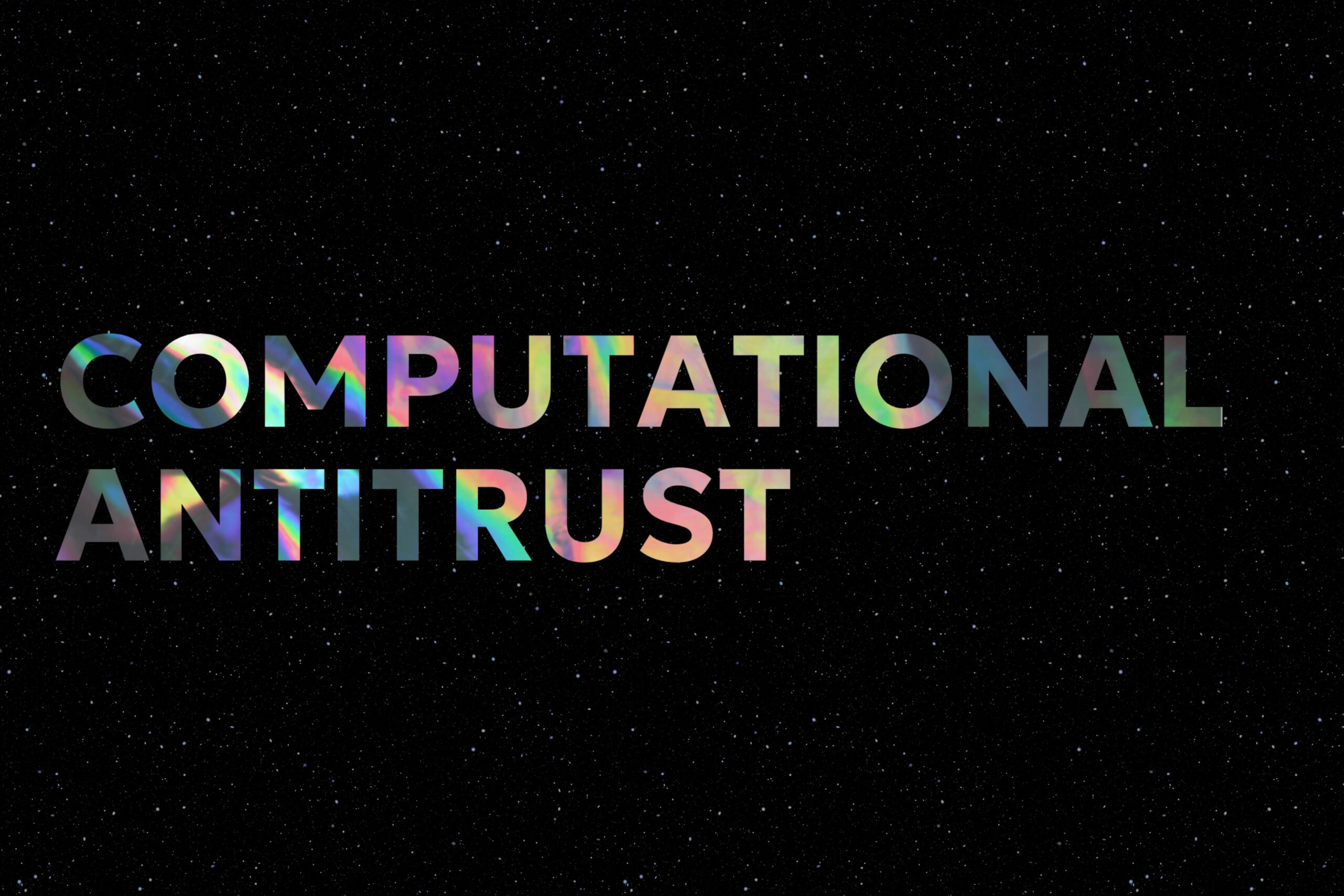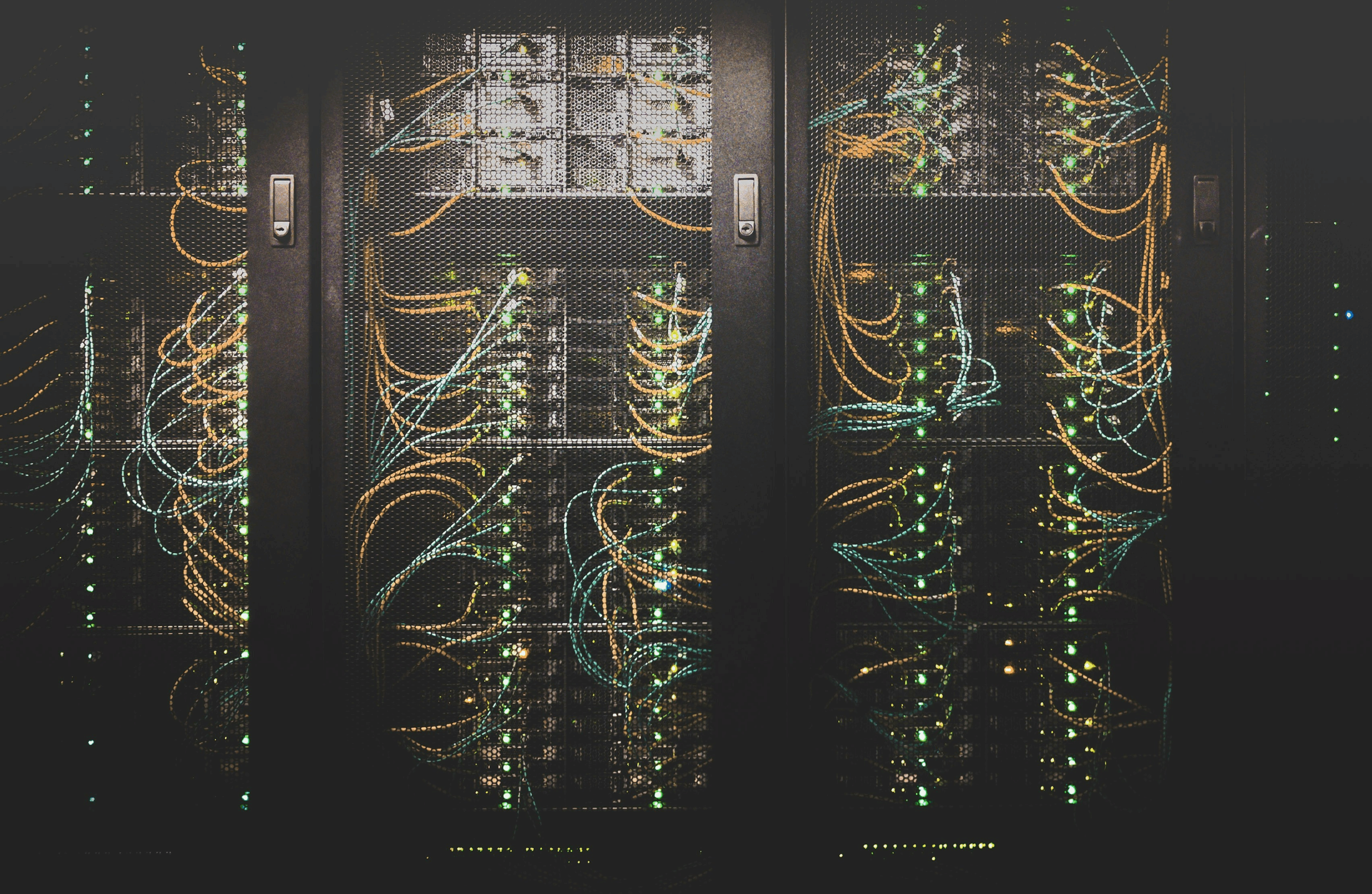Yogi Berra once said, “[i]t’s tough to make predictions, especially about the future.” He also said, “[y]ou can observe a lot by watching.” Observing the dynamics of current geopolitics, I predict that Great Power Competition (“GPC”) is about to redefine antitrust policy.
Conceptually, Great Power Competition refers to the rivalry and strategic competition among the world’s most powerful nations (“great powers”) for global influence, resources, and dominance. These powers typically include the United States, Russia, China, and the European Union. In practice, Great Power Competition consists of the use of economic, military, technological, and diplomatic means to gain an advantage and limit the influence of other powers. In this brief contribution, I will focus on how antitrust regulation might be affected by the increasing prevalence of GPC over other policy objectives.
1. Some facts
The trade war between the United States and China, the dynamics between NATO and Russia, the positioning in the Middle East regarding the ongoing conflict in Syria, and the tensions between China and its neighbors are all manifestations of Great Power Competition. As a reaction, governments are introducing new policies to favor their national interests. They dovetail with Trump’s ambition to “Make America Great Again.” GPC is increasingly being discussed and disseminated in political circles.

2. Enters antitrust
Antitrust is a powerful tool. It can lead to heavy fines, breakups, changes in business models, etc. I predict that those who want to push Great Power Competition won’t resist using antitrust for long. They will reduce competitive pressure in favor of geopolitical power.
We are already seeing signs of GPC’s impact on competition policy. Thierry Breton is pushing for a relaxation of state aid to counter US subsidies. The Digital Markets Act is scoped to apply mainly to US companies, which has publicly displeased the US National Security Council. The European Chips Act unlocks 43 billion euros for European companies in response to the fact that “[i]n the very recent years, the governments of China, the United States, Japan and South Korea took measures to support through incentives their local industrial ecosystems.” Margaret Vestager and others want to strengthen Europe’s digital sovereignty at the expense of international competitive pressure, etc.
Going forward, I expect GPC to (further) impact competition policy in a number of ways:
Policy impact
- Overall goal: I expect competition agencies to use geopolitical concepts and reasoning in their decisions. In the EU, the debate about the goals of competition policy is currently focused on sustainability and workers’ rights. I expect that EU independence will soon dominate the discussion.
- Security over competition: The increasing focus on national security will lead national antitrust agencies to favor security over competition. This will manifest itself in technology transfer, privacy, and cybersecurity regulation. The practices of dominant players that reduce security could also be considered an abuse of dominance (à la Facebook Bundeskartellamt), while practices that increase security but decrease competition could get a free pass.
- Planning over competition: Mergers like Alstom/Siemens (whose prohibition we can now confidently say did not lead to China’s dominance in Europe, as some suggested) will be increasingly approved.
- Increased scrutiny of cross-border mergers and acquisitions: as major powers seek to protect their strategic industries, I expect increased scrutiny of cross-border mergers and acquisitions involving sensitive technologies or industries (telecommunications, energy, security, etc.). In Europe, Article 22 of the EU Merger Regulation will play a central role in catching below-the-threshold mergers.
- More active use of antitrust enforcement against foreign companies to protect national interests. For example, antitrust laws will be used to address intellectual property failures, force technology transfer, etc. I also expect that antitrust agencies will continue to focus primarily on large technology companies because these companies challenge the core capabilities of nations.
Institutional impact
- Increased cooperation and coordination among partner antitrust agencies: I expect to see increased cooperation among partner countries’ antitrust agencies. These agencies will coordinate to protect cooperation between national companies and to achieve common geopolitical goals.
- Increased cooperation and coordination between national agencies: I expect antitrust agencies to increase cooperation with other agencies at the national level, such as national security agencies.
- Less independence: The above changes will require or be facilitated by less independence of antitrust agencies from their governments. I expect formal and informal changes to bring competition agencies closer to their governments.
There is not much to like about GPC entering the antitrust arena. We are entering a race to the bottom.
Thibault Schrepel
@ProfSchrepel
***
| Citation: Thibault Schrepel, The Expected Impact of “Great Power Competition” on Antitrust Policy, Network Law Review, Spring 2023. |








